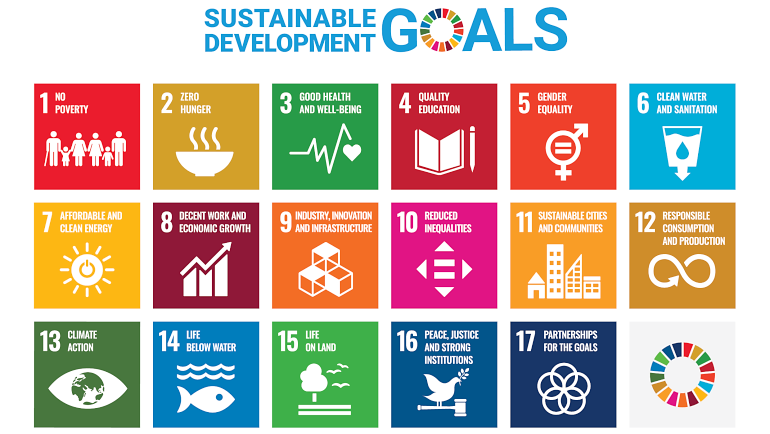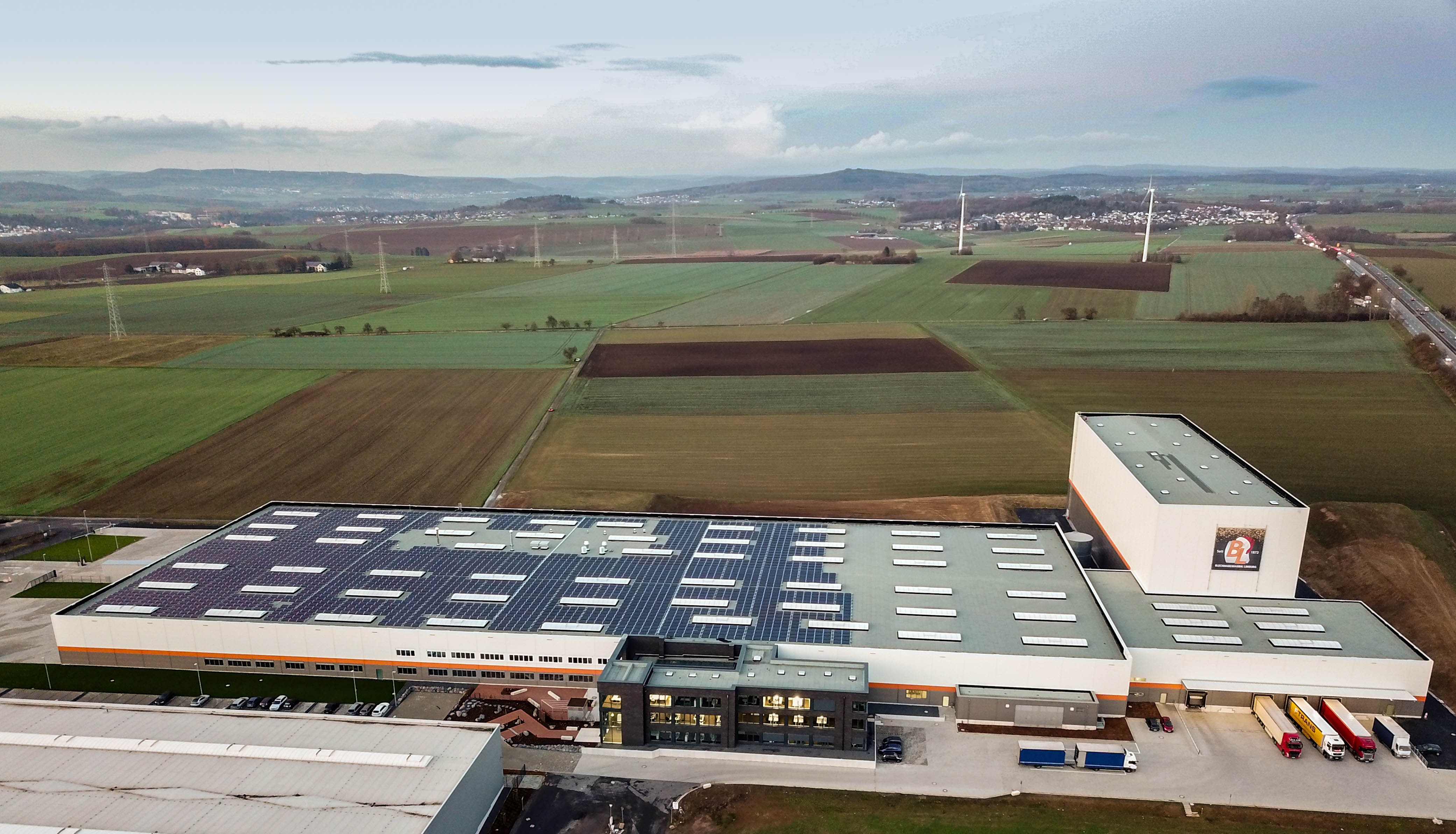NEOCAN was developed with the idea of creating something unique and special, something that would revolutionise metal packaging itself.
NEOCAN’s method of manufacturing is as well rethought and different than normally: it is divided into improving, stamping and the final assembly.
Was ist NEO?
NEO is innovativ
NEO is natural gas free
NEO is recyclable
NEO is recirculating
NEO is CO2 reduced
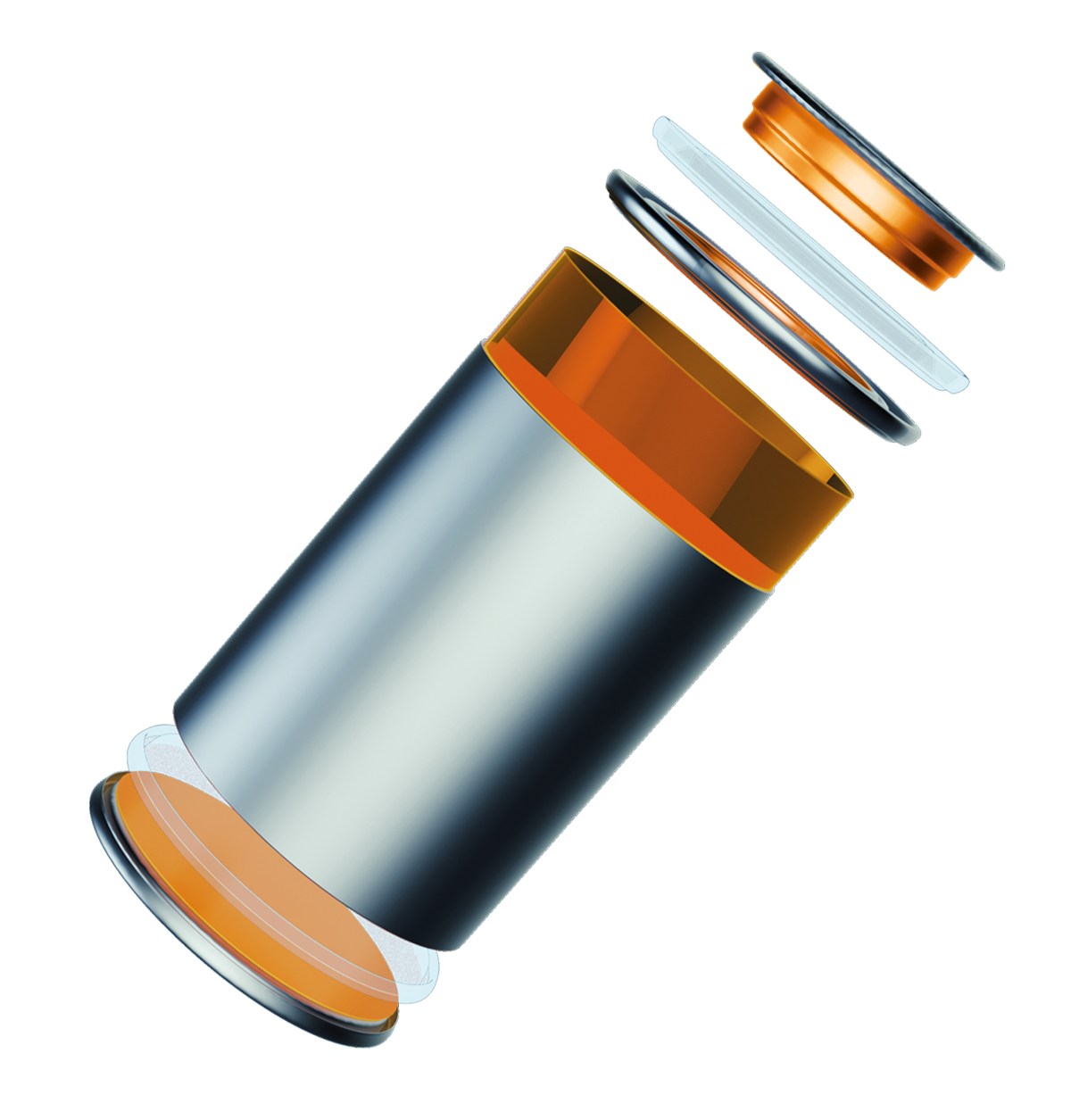
LIFOKA (LImburger-Foil-Kaschierung) is an internal coating of the tinplate packaging with a PET film instead of classic lacquering.
The semi-finished parts (lid, bottom, and ring) as well as the body are coated.
The halfparts (ring, lid, bottom as well as the body are coated. LIFOKA is a uniquesystem that was developed at the market maturity in Limburg.
A print canbe applied even to the outer coating and the can remains completelylacquer-free.
We are able to produce our products without natural gas. For the second and third production stages, this has already been happening for years and in the first production stage we can offer an alternative to the classical painting. This means that in the event of a gas embargo, Blechwarenfabrik Limburg would be able to produce cans independently and that with coating and printing as well.
The first stage of production is the improvement department. Conventionally, the sheet metal panels are given an interior and/or exterior paint finish. For this production step, large painting ovens are used, which are operated with natural gas. Blechwarenfabrik Limburg is the only company in the world that is able to replace the conventional coating with foil lamination and thus to completely dispense from gas. Furthermore, it is also able to apply printing to the foil coating.
In the second production stage, the half parts, i.e. the rings, lids and bottoms are manufactured. Rubber coatings are used to increase the tightness of some products. The drying of the rubber-coated half-parts is done in the conventional production method using natural gas-fired ovens. Blechwarenfabrik has replaced these ovens with induction ovens and thus no longer needs natural gas in this production stage either.
In the third production stage, finishing, the fuselage and semi-finished parts are assembled. Normally, conventional gas ovens are used in this production stage to protect the weld seams with a paint finish again. In this stage, too, Blechwarenfabrik has already replaced the gas ovens with induction ovens.
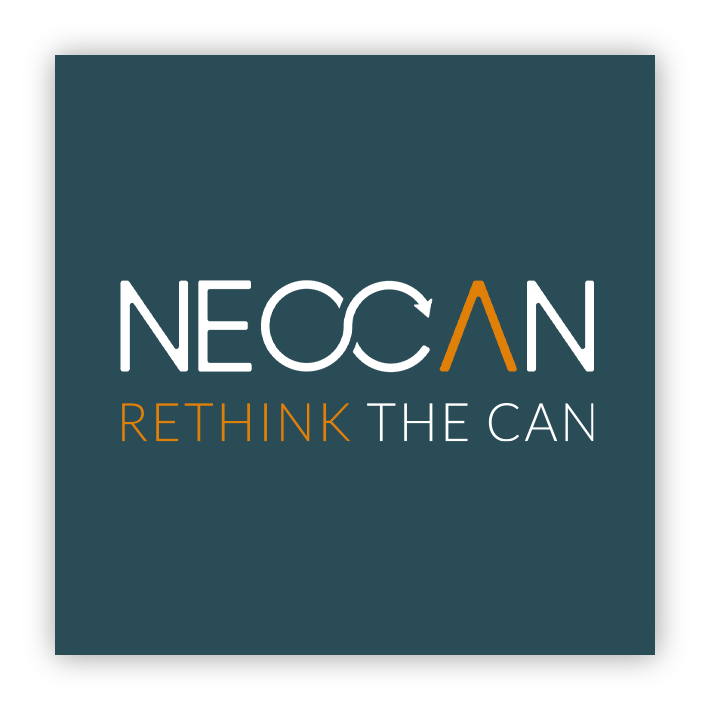
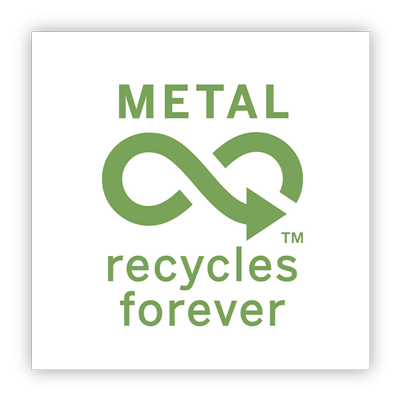
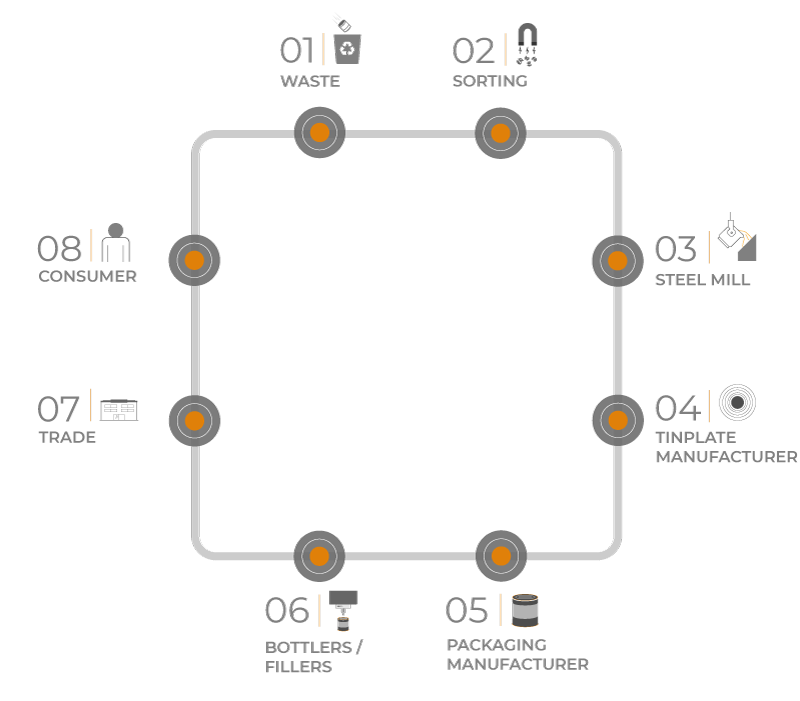
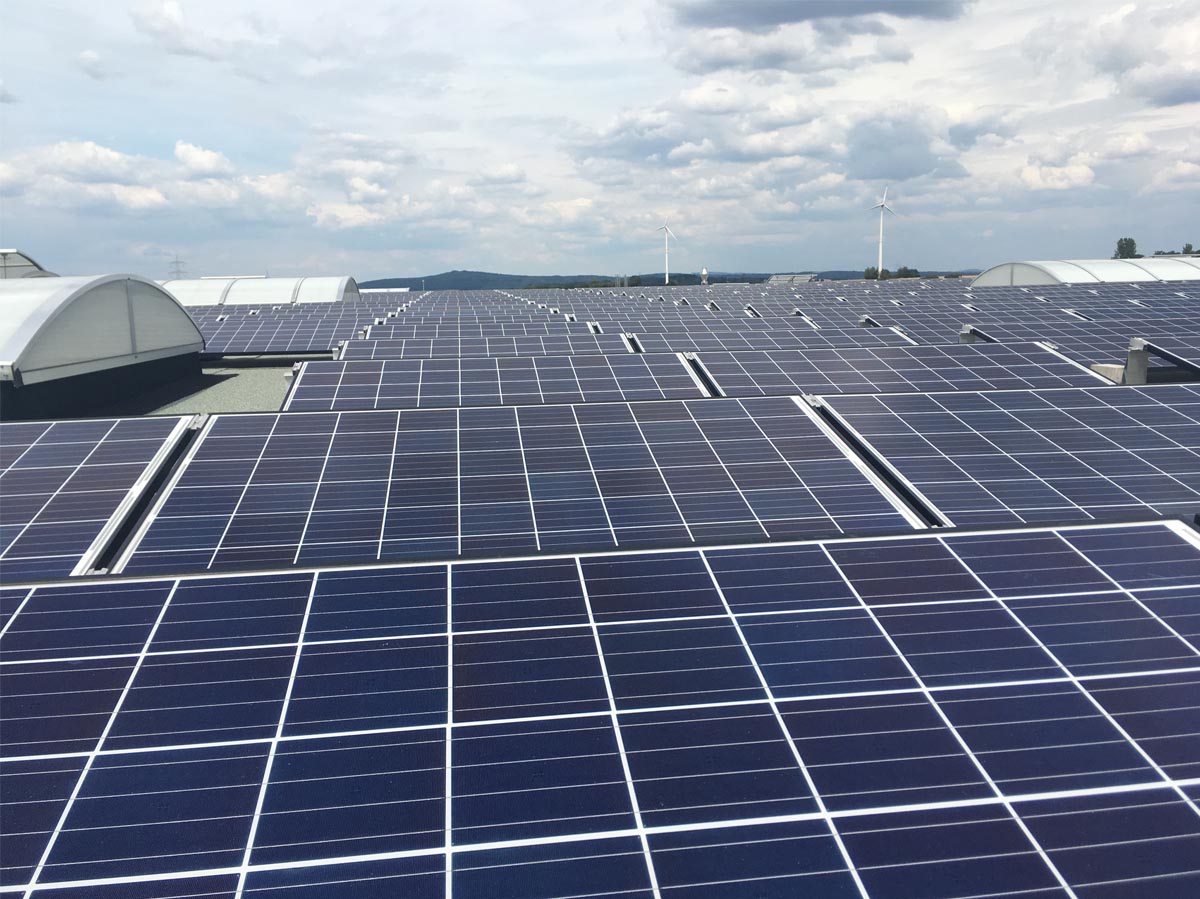
By nature, the environment itself provides unlimited amounts of energy. This is stored in sunlight, wind movement, water power, geothermal energy and in renewable biomass. Unlike the generation of electricity by coal-fired power plants, the use of renewable energy does not produce CO2, soot or particulate matter. We operate a photovoltaic system with an output of 750 kWp on our new building. This will be expanded by an additional of 600 kWp at the beginning of 2023. With this, we expect a share of renewable energies of 40% of our electricity demand.
Climate protection is important to us. For this reason, we have committed ourselves to becoming greenhouse gas neutral by 2030. Neocan is already CO2-neutral today. In the refinement of the sheet metal alone, 85% of CO2 is saved. This means that the NEOCAN generates over 50% less CO2 compared to a conventional can. Thanks to our photovoltaic system, which we will also expand in 2023, we can produce a certain number of containers completely CO2-neutral in Scope 1 and 2.
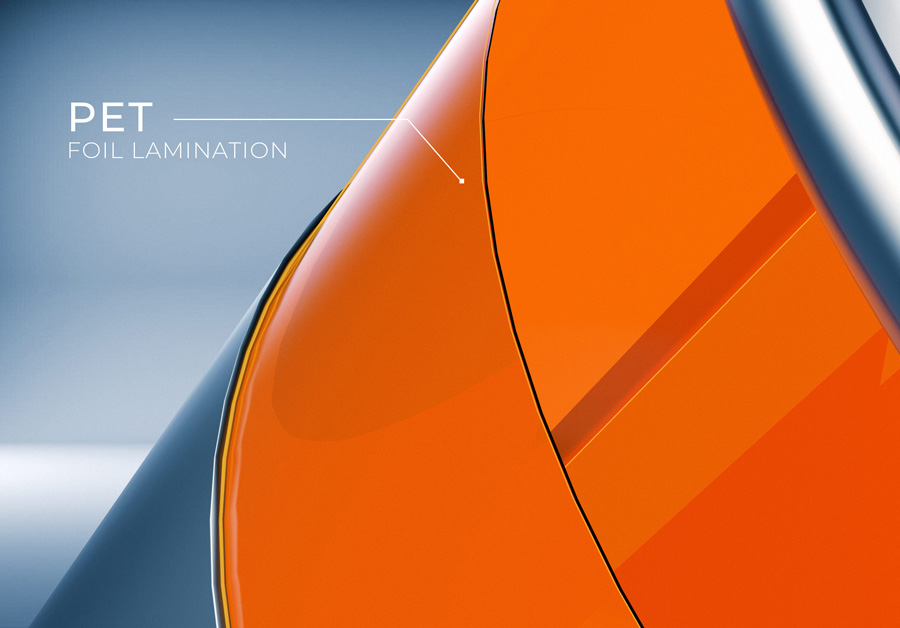
The GHG Protocol Corporate Standard categorises greenhouse gas emissions associated with a company's corporate carbon footprint in Scope 1, Scope 2 and Scope 3 emissions. However, these scopes do not cover the Product Carbon Footprint (PCF); this describes the total amount of greenhouse gas emissions caused by a product or service over different periods of its life cycle. We have been providing this for many years with our CO2 certificate.
Scope 1 emissions are emissions from sources for which we are directly responsible or in control. These include emissions from energy sources such as natural gas or refrigerants. Scope 1 also includes emissions from our vehicle fleet.
Scope 2 emissions are indirect greenhouse gas emissions from purchased energy, such as electricity and gas, that is generated outside our system boundaries but consumed by us.
Scope 3 includes all indirect emissions that occur along our value chain. These include, for example, business travels or purchased goods that we process further, such as our tinplate.
